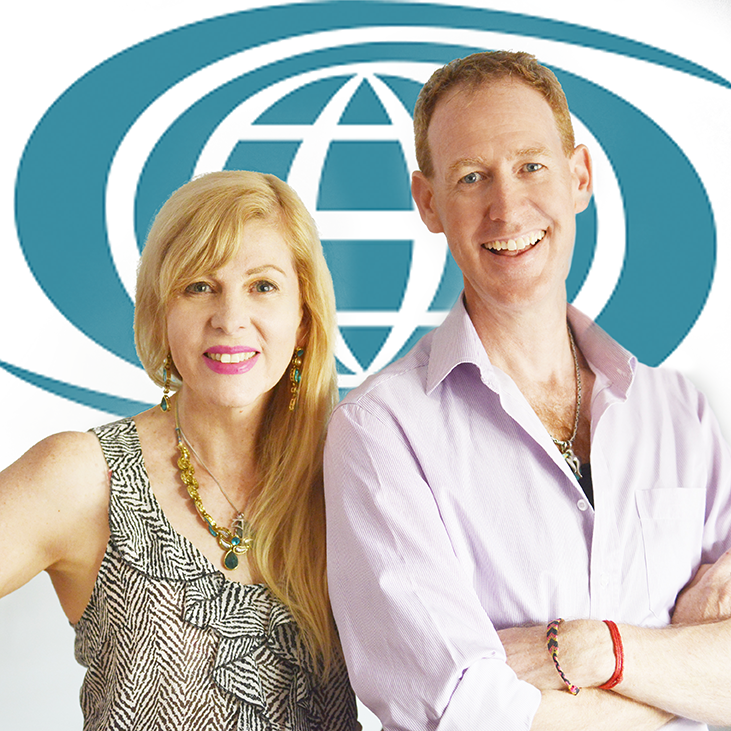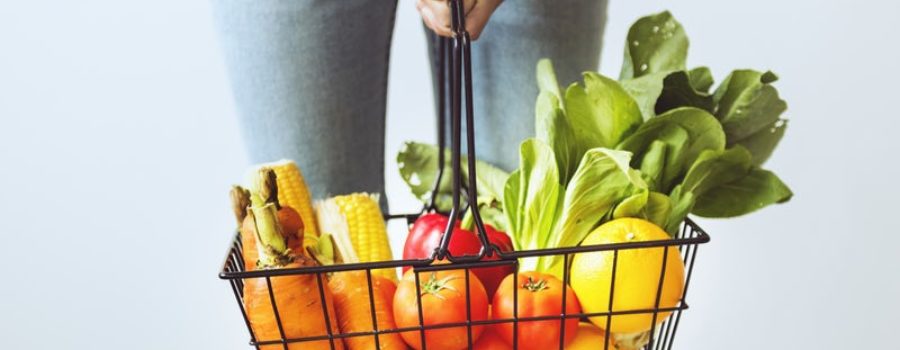Understanding Cholesterol
Cholesterol in food only has a small effect on the level of cholesterol in your blood. Cholesterol is a waxy, fat-like substance that occurs naturally in the human body. Cholesterol is a fat found in your blood. It’s produced naturally in your body, and you can also get cholesterol from some foods.
High cholesterol puts you at risk for heart disease, the No. 1 killer of both men and women. High blood levels of cholesterol come from a diet that’s high in acidic foods that are saturated fats and animal products. For a small group it’s a genetic predisposition to have high cholesterol but goods news that can be regulated through a healthy diet and lifestyle choices.
High total blood cholesterol is high risk factor for heart disease. One of the leading chronic diseases in industrialized countries together with cancer, diabetes type 2 and stroke.

Dietary cholesterol is found in foods from animal sources, such as meats, liver and other organ meats, dairy foods, egg yolks, and shellfish.
Cholesterol circulates in the blood throughout the body. Your liver produces more cholesterol when you eat a diet high in saturated and trans fats. Trans fats are an industrial oil ingredients used in many processed foods called “hydrolysed vegetable oil”.

Cholesterol and triglycerides are two types of lipids. The body needs some lipids to stay healthy, but elevated lipid levels can damage artery walls, causing atherosclerosis, or hardening of artery walls, which can cause heart attacks.
Lipoproteins are made of fat (lipid) on the inside and protein on the outside.
There are several kinds of lipoproteins, but the two most relevant to heart health are low-density lipoprotein (LDL) and high-density lipoprotein (HDL).
High levels of “bad” LDL cholesterol in the blood, has been linked to heart disease, are a health concern.
The higher your LDL levels, the higher your risk for heart disease. We have another cholesterol called high-density lipoprotein (HDL) or “good” cholesterol in your blood, which removes LDL and carries it back to your liver. A high HDL cholesterol level lowers your risk of heart problems.
LDL the unhealthy type that deposits cholesterol in your tissues and arteries. This can eventually harden and block your arteries leading to heart disease, heart attack or stroke.
Your ideal levels are for “good” (HDL) and “bad” (LDL) cholesterols.
LDL cholesterol: less than 100 mg/dL
HDL cholesterol: more than 60 mg/dL
total cholesterol: less than 200 mg/dL
When bad cholesterol is too high, it can build up in your arteries. This affects how blood flows to your brain and your heart, which could cause stroke or heart attack.
High levels of cortisol from long-term stress can increase cholesterol. Adrenaline may also be released, and these hormones can trigger a “fight or flight” response to deal with the stress. This response will then trigger triglycerides, which can boost “bad” LDL cholesterol.
Even being anxious can cause an increase in systolic rate, blood sugar, and bad LDL cholesterol.

Research with 90,000 participants found that people who reported difficulties coping with their work had higher levels of “bad” LDL cholesterol and lower levels of “good” HDL cholesterol.
Foods that lower cholesterol are oats, barley, eggplant, okra, citrus fruit, green leafy vegetable, fruits and vegetables, soluble fibre as fibre reduces cholesterol, (soluble fibre is also found in such foods as beans and whole foods) berries, cacao and garlic. Just to name a few.
To reduce cholesterol reduce saturated fats in your diet. Saturated fats, found primarily in red meat and full-fat dairy products, raise your total cholesterol.
Eliminate trans fats which is found in processed packaged foods and fast food outlets
Eat foods rich in omega-3 fatty acids, hemp seeds, flax meal and Chia seeds are rich sources
Increase soluble fibre, eat at least 6-8 cups of veggies per day.
Remove yourself from stressful environments. Breathing techniques are helpful to lower stress, yoga, meditation, walking, going back into nature, laughing, singing, feeling love and getting into a habit of thinking positive thoughts.
If you feel your stress and thoughts are always in overwhelm and overload hypnosis maybe the answer to both stop food cravings, emotional eating, and replace negative thoughts with positive thoughts.






